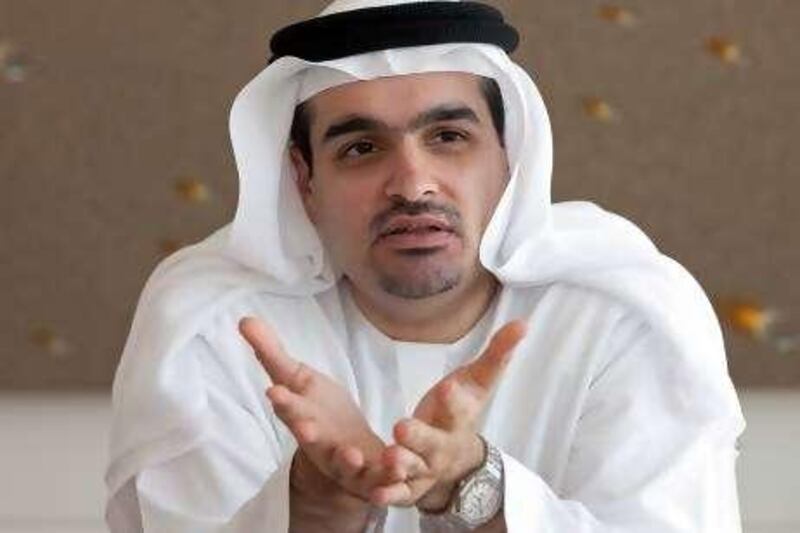When the Dubai International Financial Centre (DIFC) opened its doors in September 2004, companies quickly flocked in. The 19 businesses registered in the DIFC at the end of that year were just the beginning of a remarkable expansion that culminated in 2008, when 255 companies set up in the centre.
Three years in, it had successfully positioned itself as a base for foreign financial giants eager to tap the Gulf's oil wealth and capitalise on Dubai's growing reputation as an oasis of calm in a region riven by political turmoil. Credit Suisse, one of Europe's largest banks, moved in, followed by Merrill Lynch, Barclays, Deutsche Bank and Lloyds TSB, which wanted bases in the region and were drawn by the DIFC's regulatory system and courts guided by English law. "The main attraction … is the separate legal system and commercial law that allowed you to structure companies in a 21st-century, best-practice fashion," said Ali al Shihabi, the founder and chief executive of Rasmala, one of the first companies to set up in the DIFC. "Commercial laws are not very up-to-date in most countries in the region."
The "cluster effect", he said, became a big draw. Once big western companies set up in the DIFC, more followed. Abdulla Mohammed al Awar, the chief executive of the DIFC, said yesterday the number of companies registered in the financial free zone remained at 745 in the first half of the year, and that its main office towers - the Gate Building, Gate Precinct and Gate Village - were 92 per cent occupied.
The centre's handlers point to those numbers as signs of the DIFC's resilience to a lacklustre global economy. "We have achieved a very encouraging performance so far this year, especially in light of the global economic backdrop of the last two years," said Ahmed al Tayer, the governor of the centre. Observers say there is no question, however, that the DIFC has struggled to distance itself from glitzy but ultimately ill-considered investments made during the centre's rise to prominence. Under the leadership of Mr al Tayer, the DIFC hired the global consultancy McKinsey to take a close look at its business and decide what to do next. The DIFC is also wrestling with such legacies as its purchase for US$1.8 billion (Dh6.6bn) in 2007 of 2.2 per cent of Deutsche Bank and its commitment to invest about Dh3bn in the Dubai Pearl development.
DIFC Investments, an investment arm set up in 2006 that holds most of the centre's stakes in financial companies and all of its property interests, has become a focal point of the review. The subsidiary announced $562.3 million of losses last year and is trying to reduce its debts of $3.1bn by more than $1bn by the end of next year, according to a report by the ratings agency Standard & Poor's. In its review, McKinsey concluded the DIFC should reduce the cost of doing business and encourage existing companies to expand within the centre. To that end, the DIFC has relaxed rules and lowered fees for investment fund managers.
It is considering measures to contain rents, which tenants say is by far their biggest expense. Rents in the DIFC rival those in London and have remained above the declining rents in other parts of Dubai. "The rent is ridiculous," said Mr al Shihabi. "We've been thinking of reducing our footprint … if they don't reduce the rent." As the DIFC offloads investments, it is also reviewing its retail strategy. The centre's retailers started out as a hodgepodge of jewellers, high-end clothing shops, formal restaurants and lunch outlets.
With just 66 per cent of its retail space occupied, the centre's leaders think grocery stores and hairdressers will attract more customers. "There used to be DeBeers, Porsche Design, Paris Gallery and Damas. We are the only ones left here now," said a salesman at Rivoli, the last remaining high-end shop in the DIFC.
afitch@thenational.ae
bhope@thenational.ae





